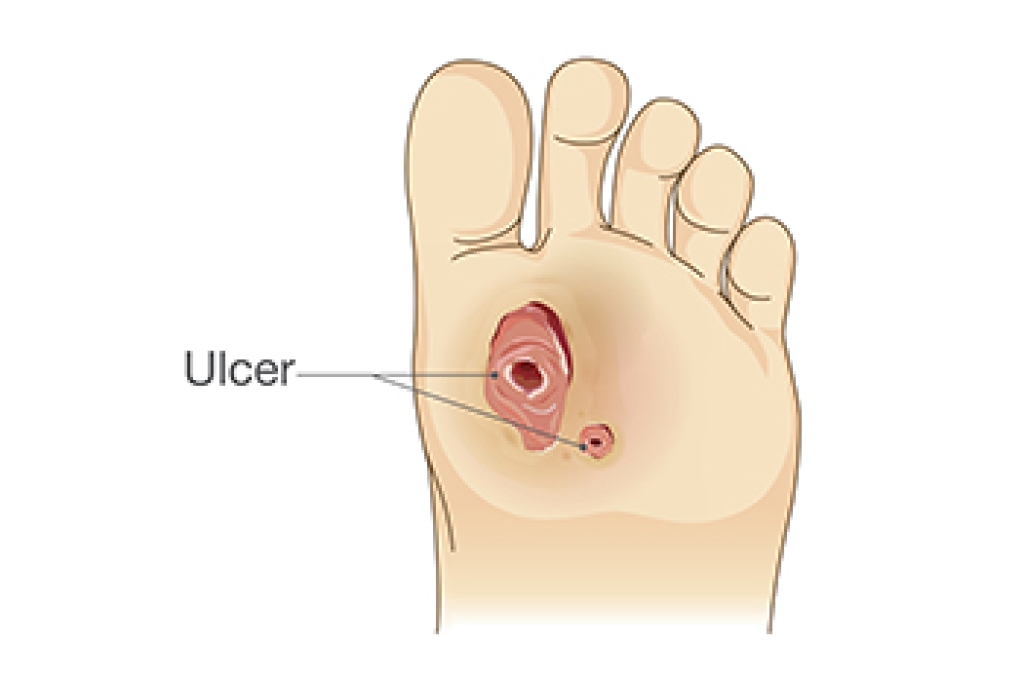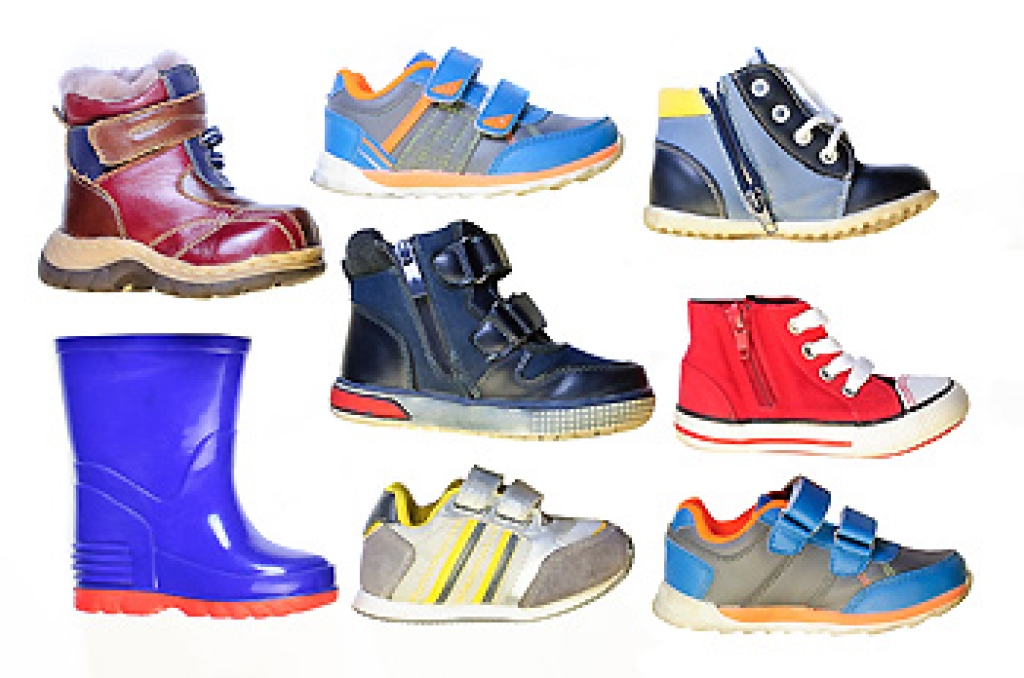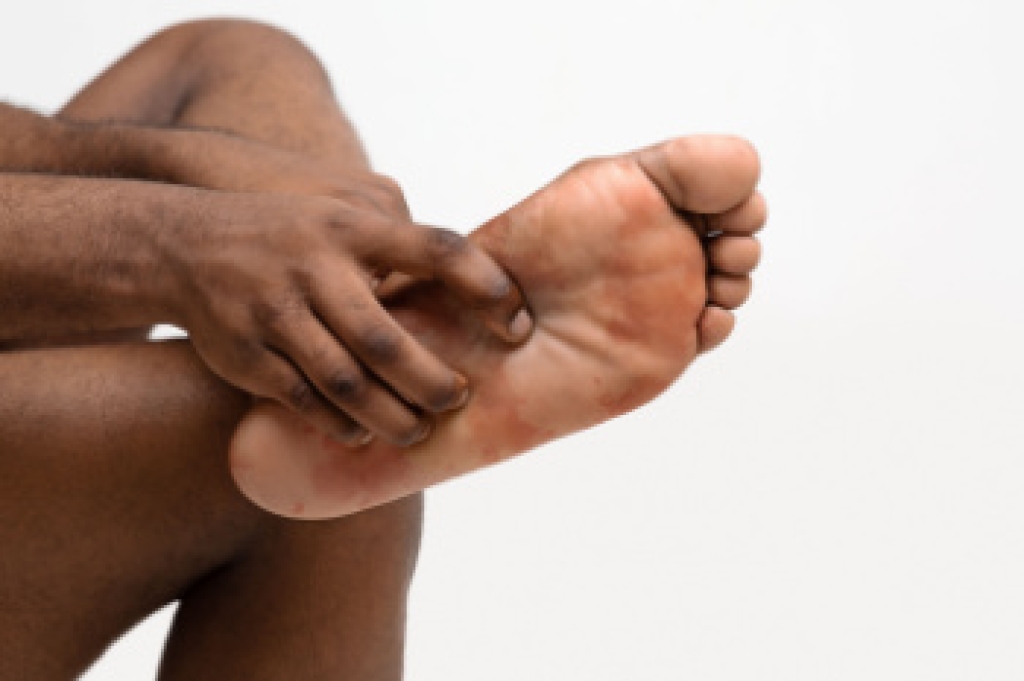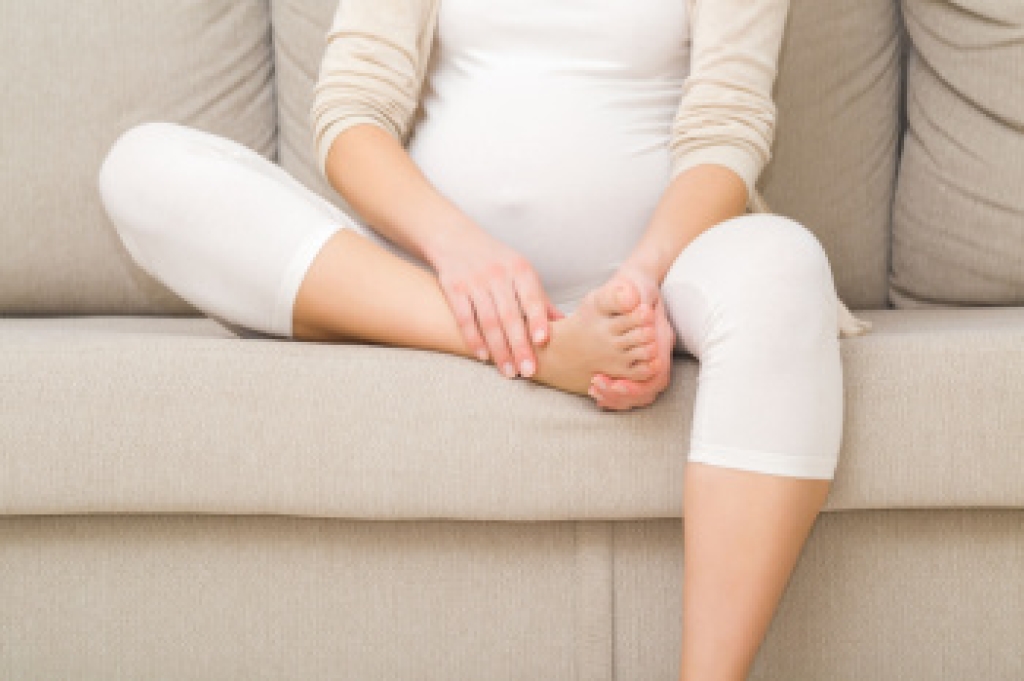
Diabetic foot ulcers are open sores or wounds that commonly develop on the bottom of the foot in people with diabetes. They may appear as red or deep wounds surrounded by callused skin and may feel tender, numb, or produce drainage. Poor circulation, nerve damage, and high blood sugar levels are major causes, increasing the risk of infection. Symptoms include swelling, foul odor, discoloration, or slow healing. Left untreated, ulcers can lead to serious complications, including infection and potential loss of limb. A podiatrist can diagnose the severity of the ulcer through a physical exam and may order imaging or lab tests. Treatment options include wound care, debridement, infection control, and specialized footwear. In advanced cases, surgery may be necessary. Regular foot inspections and early intervention are key to prevention. A podiatrist plays a critical role in managing both care and prevention. It is suggested that you make an appointment with a podiatrist at the first sign of any foot concern.
Diabetic foot care is important in preventing foot ailments such as ulcers. If you are suffering from diabetes or have any other concerns about your feet, contact Michael Schwartzman, DPM from Illinois and Indiana . Our doctor can provide the care you need to keep you pain-free and on your feet.
Diabetic Foot Care
Diabetes affects millions of people every year. The condition can damage blood vessels in many parts of the body, especially the feet. Because of this, taking care of your feet is essential if you have diabetes, and having a podiatrist help monitor your foot health is highly recommended.
The Importance of Caring for Your Feet
- Routinely inspect your feet for bruises or sores.
- Wear socks that fit your feet comfortably.
- Wear comfortable shoes that provide adequate support.
Patients with diabetes should have their doctor monitor their blood levels, as blood sugar levels play such a huge role in diabetic care. Monitoring these levels on a regular basis is highly advised.
It is always best to inform your healthcare professional of any concerns you may have regarding your feet, especially for diabetic patients. Early treatment and routine foot examinations are keys to maintaining proper health, especially because severe complications can arise if proper treatment is not applied.
If you have any questions, please feel free to contact our offices located in West Chicago, IL and Whiting, IN . We offer the newest diagnostic and treatment technologies for all your foot care needs.




